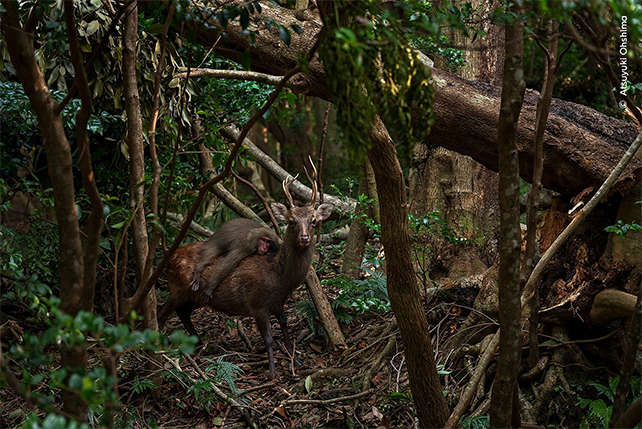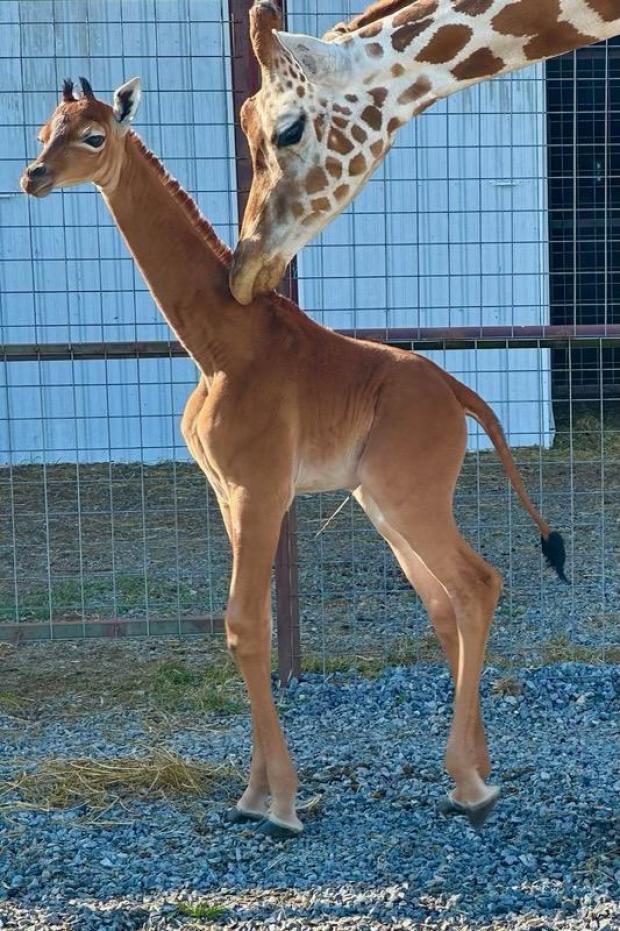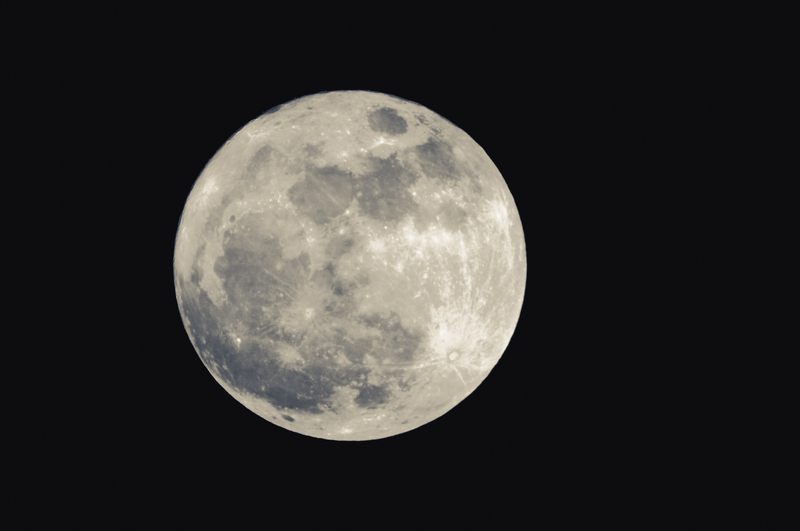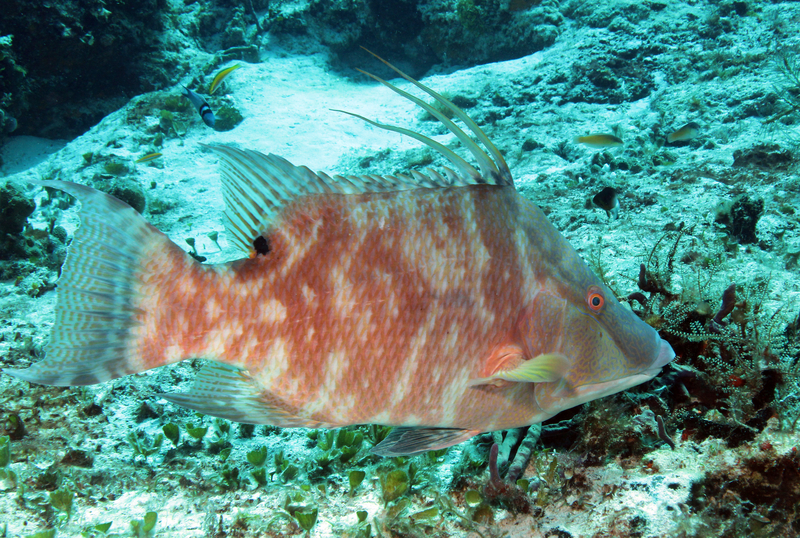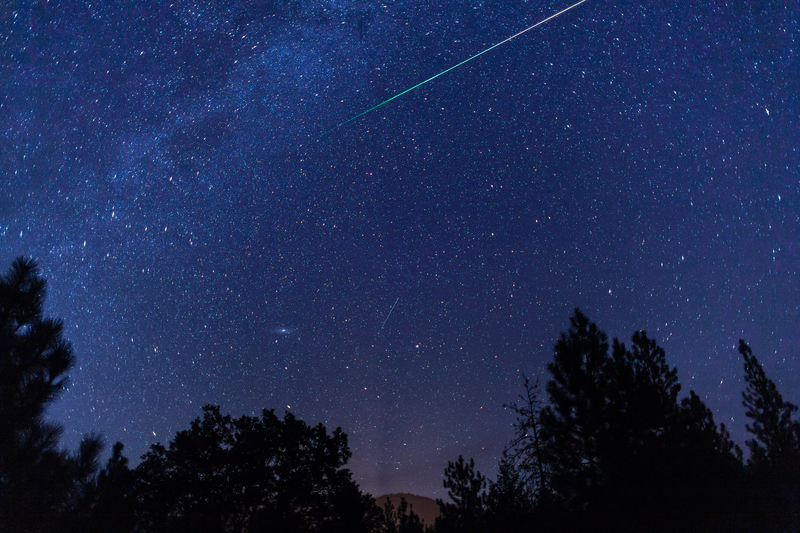You can stay up late tonight!
Is there a sweeter phrase in the English language? Up late, hopefully with popcorn, a movie, and friends ... the night life is the life, right?
Well, as a special treat, sure.
But as a way of life, staying awake at night and sleeping during the day—a.k.a. being nocturnal—is a real game-changer. True nocturnal animals have adaptations to this lifestyle that they gain over many thousands of years of evolution.
Bigger eyes to see in low light.
Embed from Getty Images
Improved hearing to sense their surroundings.
Embed from Getty Images
Or a terrific of smell to locate a meal in the darkness.
Embed from Getty Images
So what if you're an animal without these abilities and and you want to live the night life? Welcome to the challenge facing the newest nocturnal animals—animals who are hunting and foraging at night to stay away from humans.
It's not us, it's you
Recent studies of animals that live near humans are showing that more and more of them are becoming nocturnal to avoid interacting with people. And we're not just talking about animals that live in or near major cities. This also includes animals that even live near places humans visit regularly, such as hiking trails.
Altogether, the studies looked at 62 species across six continents. Again and again, they found that previously diurnal (active in the day) animals—or those that once split being awake evenly between day and night—were now mainly awake at night. This allowed them to avoid the noisy chaos of people, whether humans were trying to bother them or not.
A big sacrifice
Wild boars are some of the animals adopting to a night life to avoid people. (Getty Embed)
In some ways, changing schedules doesn't have to be that big of a deal. Sort of like avoiding a park at a particular time because your mortal enemy always hangs out there then. (Trust us, it's just easier that way.)
But for animals that aren't properly adapted to being nocturnal, this is a big deal. The foods those animals are used to eating may not be as available or as easy to find. They could also expose themselves to nocturnal predators that they aren't used to encountering during the day.
Scientists still have a lot of questions about how these animals are behaving. When did this behavior begin? Are some of these animals using human civilization as protection from large predators that avoid people entirely? Until then, if you see an especially tired deer wandering your street, now you know it was probably up all night foraging!
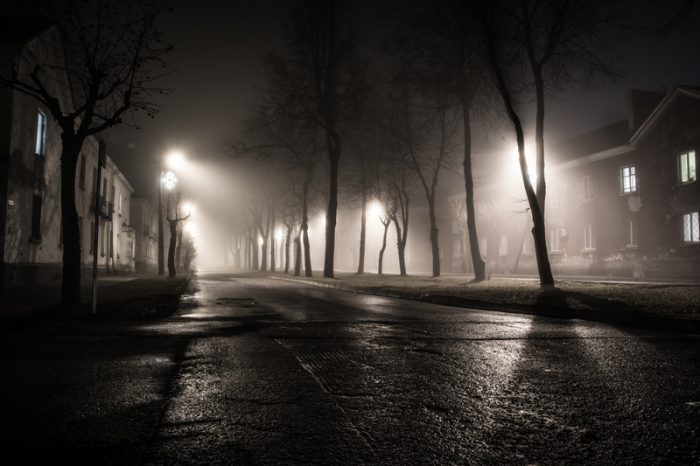 "Wakey wakey, animals! The humans are asleep now!" (© Nikwaller | Dreamstime.com)
"Wakey wakey, animals! The humans are asleep now!" (© Nikwaller | Dreamstime.com)
